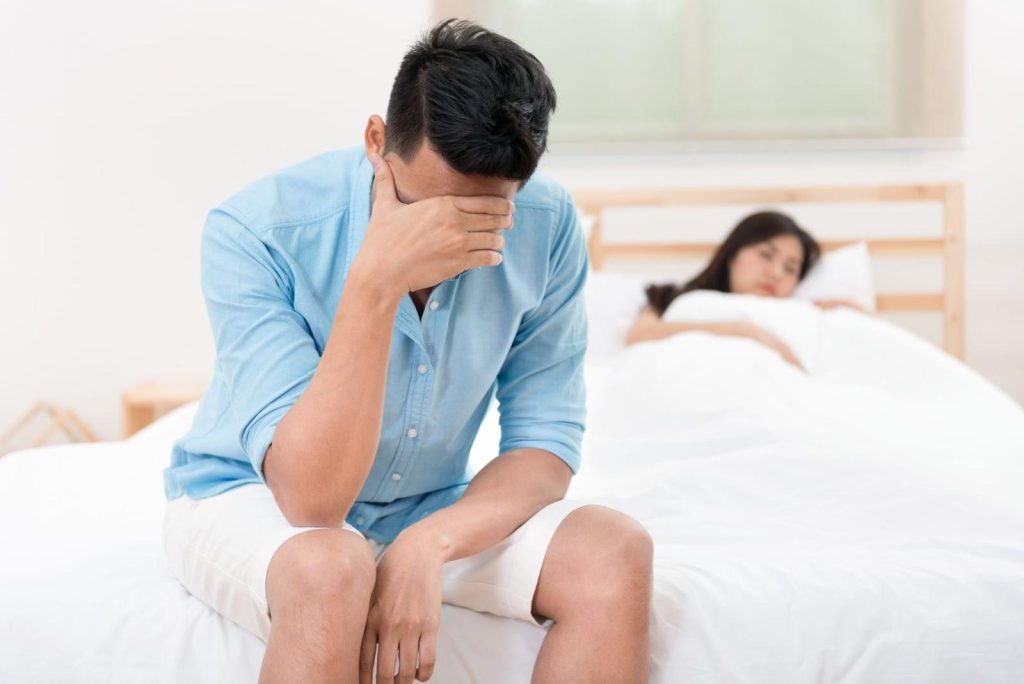
Low testosterone, often referred to as low T, describes a condition where the body produces insufficient amounts of testosterone, a crucial hormone primarily associated with male health. Although testosterone is predominantly linked to men, women also require this hormone in smaller quantities for overall health and well-being.
Testosterone is produced mainly in the testes in men, while women rely on their ovaries and adrenal glands for production. This hormone plays a vital role in numerous bodily functions, including:
A low testosterone level, medically known as hypogonadism, occurs when the levels drop below the normal range.
Low testosterone affects more than just energy levels or libido; it has far-reaching implications for overall health and quality of life. Failing to address this hormonal imbalance can result in a range of complications that may significantly impact physical, emotional, and long-term health:
Recognising and addressing low testosterone is vital for preserving overall well-being. Timely medical intervention can mitigate these risks, improve life quality, and enhance physical and mental health outcomes.

Low testosterone can cause a variety of symptoms that affect overall physical, emotional, and mental health. Recognising these signs early is crucial for timely diagnosis and treatment.
These symptoms can significantly affect quality of life and warrant a thorough evaluation by a healthcare professional if experienced.

While low testosterone can affect individuals of all backgrounds, certain groups are more likely to experience this condition due to age, lifestyle, or underlying health factors.
These risk factors highlight the importance of regular health checks, especially for those who fall into these categories, to ensure early detection and appropriate management of low testosterone.
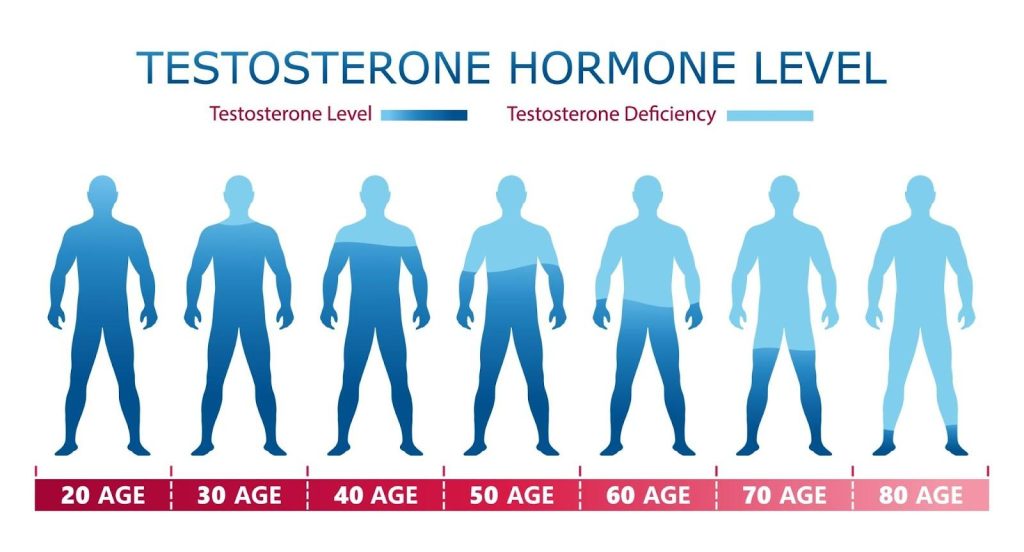
At Phoenix Medical, we understand the importance of accurately diagnosing low testosterone to help you regain your health and vitality. Our comprehensive diagnostic process ensures a thorough evaluation using comprehensive diagnostic tools tailored to your needs.
At Phoenix Medical, our patient-centric approach ensures that every diagnosis is precise, which allows us to plan effective and personalised treatment plans.
At Phoenix Medical, we offer a range of evidence-based treatments designed to address low testosterone levels and help you regain your energy, vitality, and overall well-being. Our personalised approach ensures that every treatment is planned according to your needs.
Our goal is to provide holistic and sustainable solutions that enhance your quality of life while addressing the root causes of low testosterone. If you’re concerned about low testosterone affecting your energy, mood, or overall well-being, schedule a consultation with Phoenix Medical today for personalised care and effective solutions.
Can low testosterone affect mental health?
Yes, low testosterone can lead to mood changes, including depression, irritability, and anxiety, impacting overall mental well-being.
Does low testosterone cause weight gain?
Low testosterone can contribute to increased body fat, particularly around the abdomen, due to its role in regulating fat distribution and muscle mass.
Can women experience low testosterone?
Yes, women produce testosterone in smaller amounts, and low levels can affect libido, energy, and mood.
Is low testosterone linked to infertility?
Low testosterone can reduce sperm production, potentially leading to fertility challenges in men.
How does ageing affect testosterone levels?
Testosterone levels naturally decline with age, approximately 1% per year after age 30, which may lead to symptoms of low testosterone in older adults.
Can lifestyle changes improve testosterone levels?
Yes, regular exercise, a balanced diet, adequate sleep, and stress management can help maintain healthy testosterone levels.
Are there natural supplements to boost testosterone?
Some supplements claim to boost testosterone, but their efficacy varies. It's essential to consult a healthcare provider before starting any supplement regimen.
How long does it take to see results from testosterone therapy?
Improvements can be seen within a few weeks of starting therapy, but it may take several months to experience the full benefits.
Is testosterone therapy safe?
Testosterone therapy is generally safe when monitored by a healthcare provider, but it may have side effects and is not suitable for everyone.


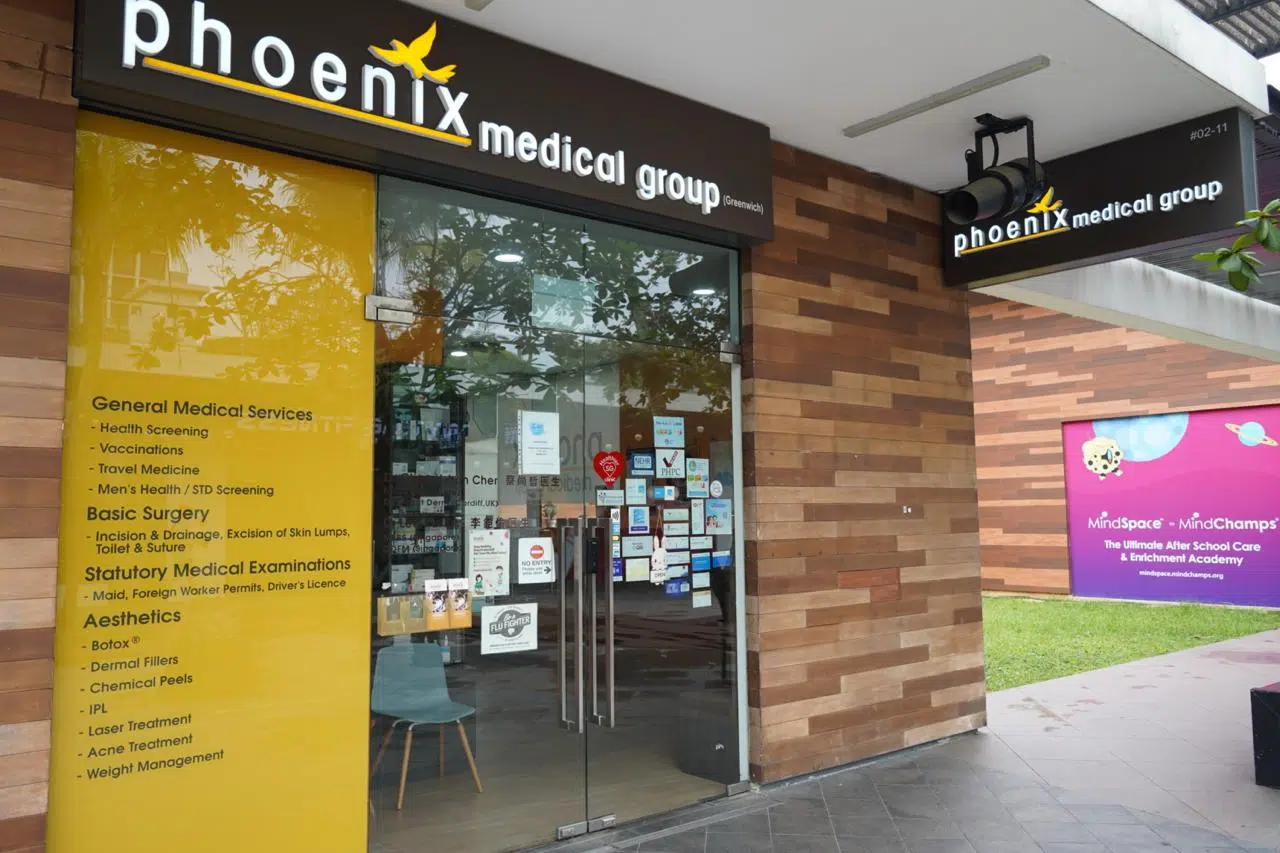
9:00am to 8:30pm
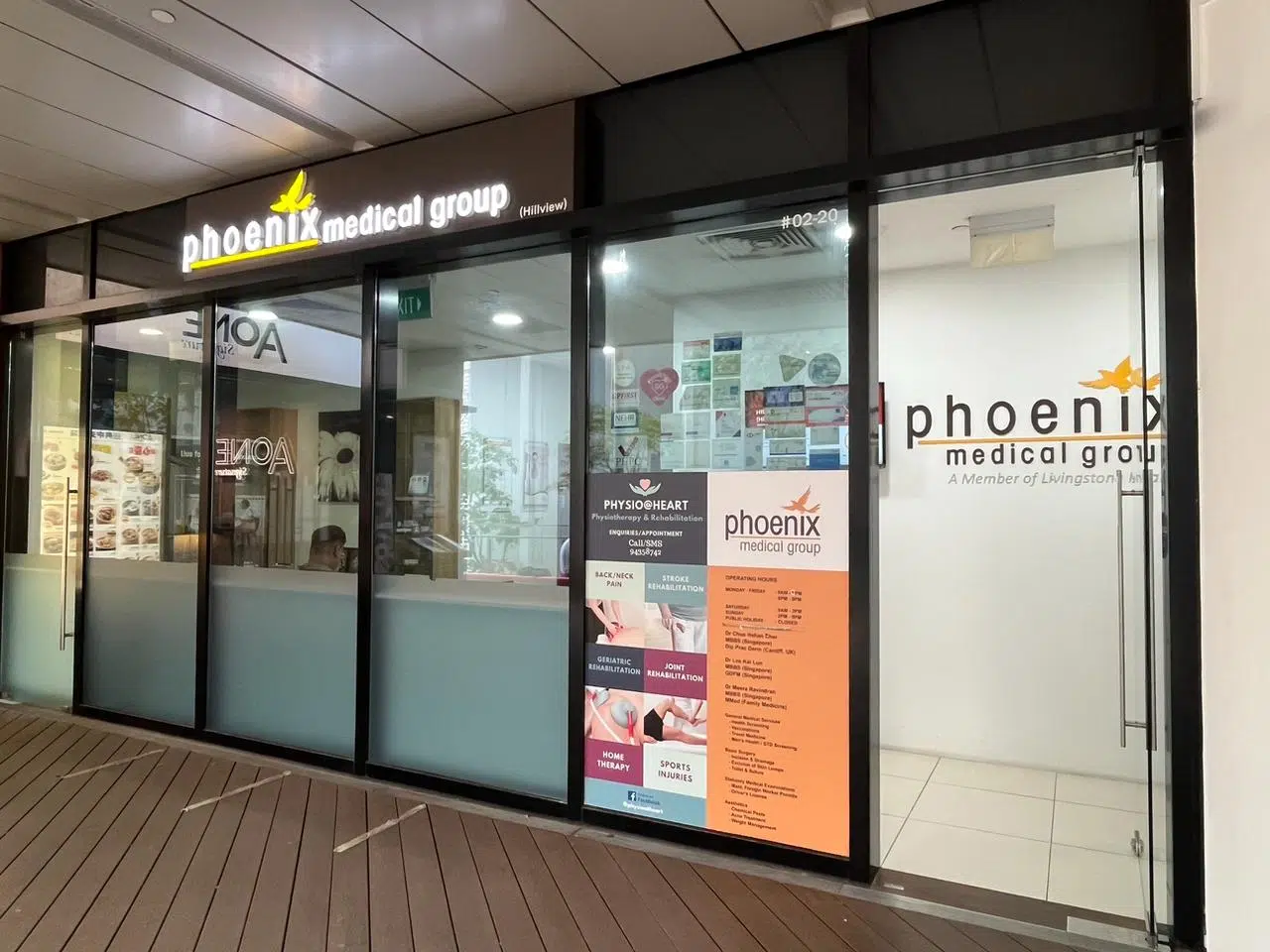
9:00 am - 4:30 pm, 6.00 pm - 8:30 pm
9:00 am - 1:30 pm
2:00 pm - 8:30 pm
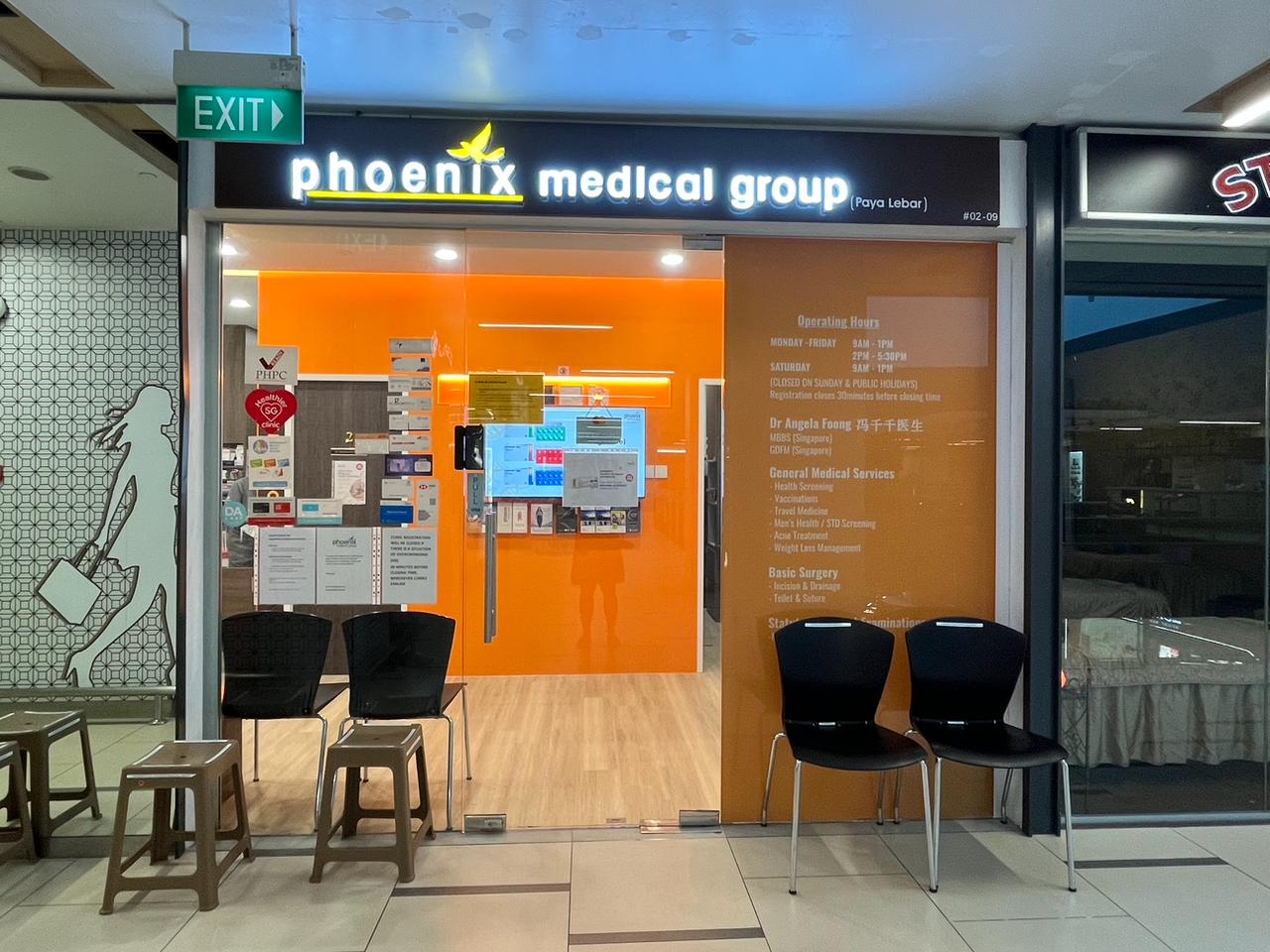
60 Paya Lebar Road, #02-09 Paya Lebar Square, Singapore 409051
9:00 am - 12:30 pm
2:00 pm - 5:00 pm
9:00 am - 12:30 pm
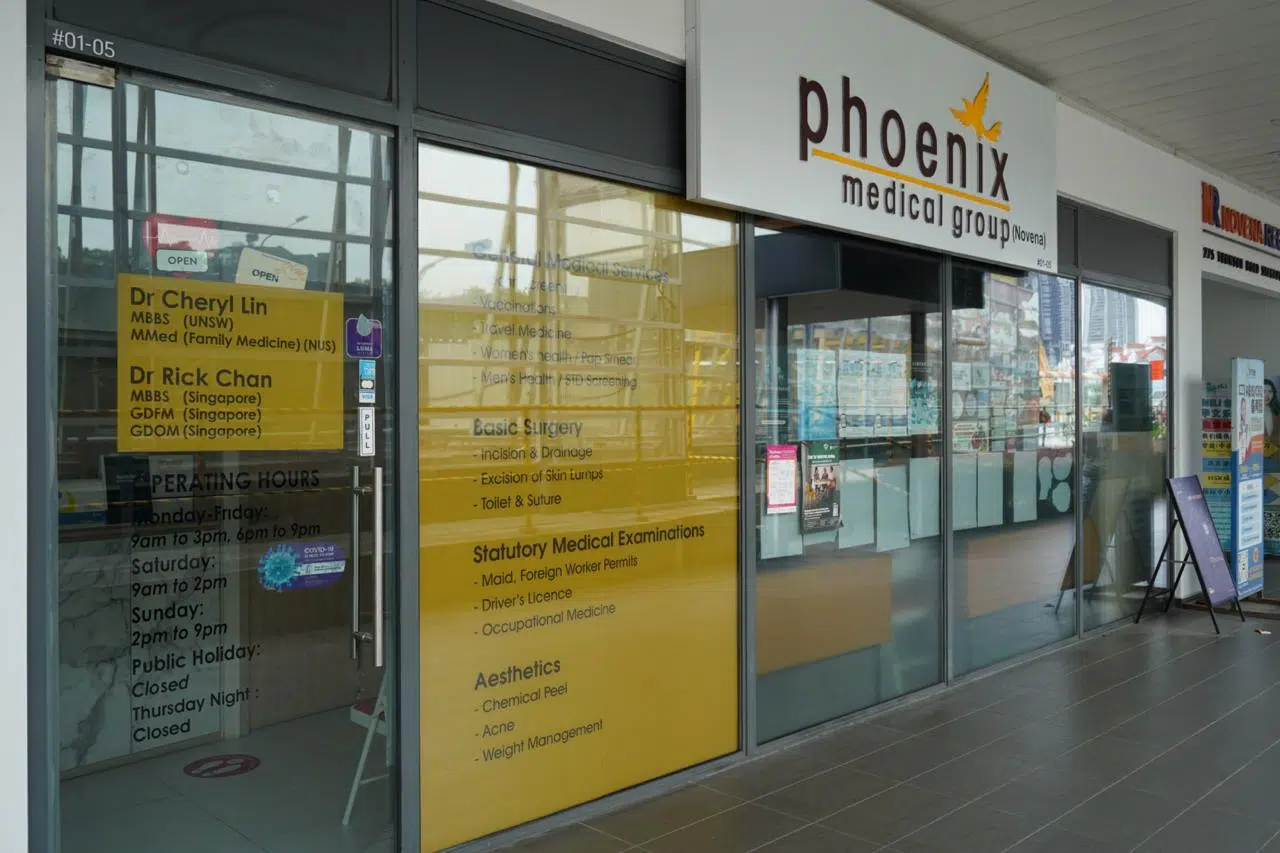
275 Thomson Road,
#01-05 Novena Regency,
Singapore 307645
9:00 am - 2:30 pm
6:00 pm - 8:30 pm (Mon, Tue, Wed & Fri)
9:00 am - 1:30 pm
2:00 pm - 8:30 pm
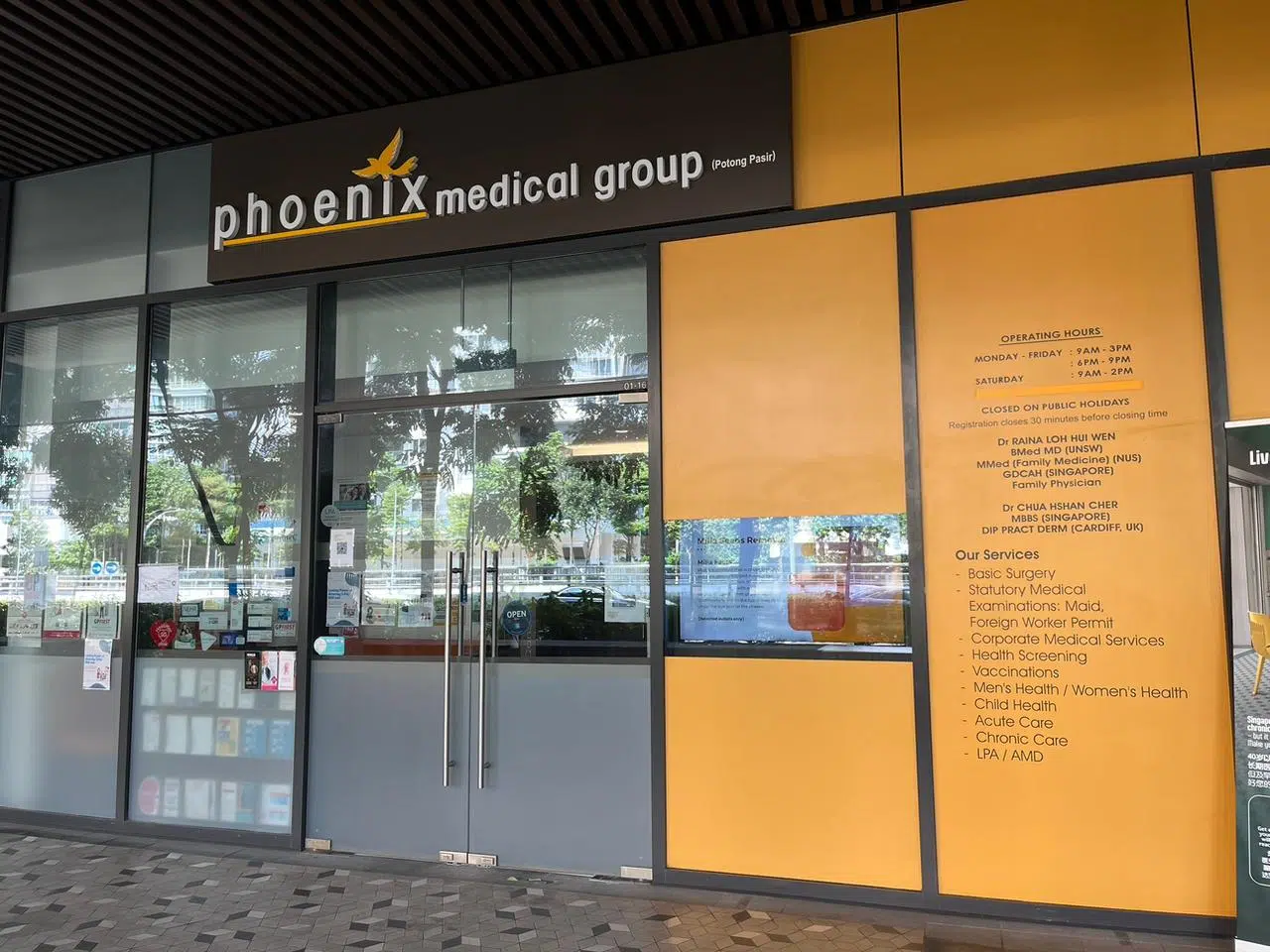
The Venue Shoppes,
2 Tai Thong Crescent, #01-16,
Singapore 347836
9:00 am - 3:00 pm
6:00 pm - 9:00 pm (Mon, Wed & Thu)
9:00 am - 2:00 pm
Closed
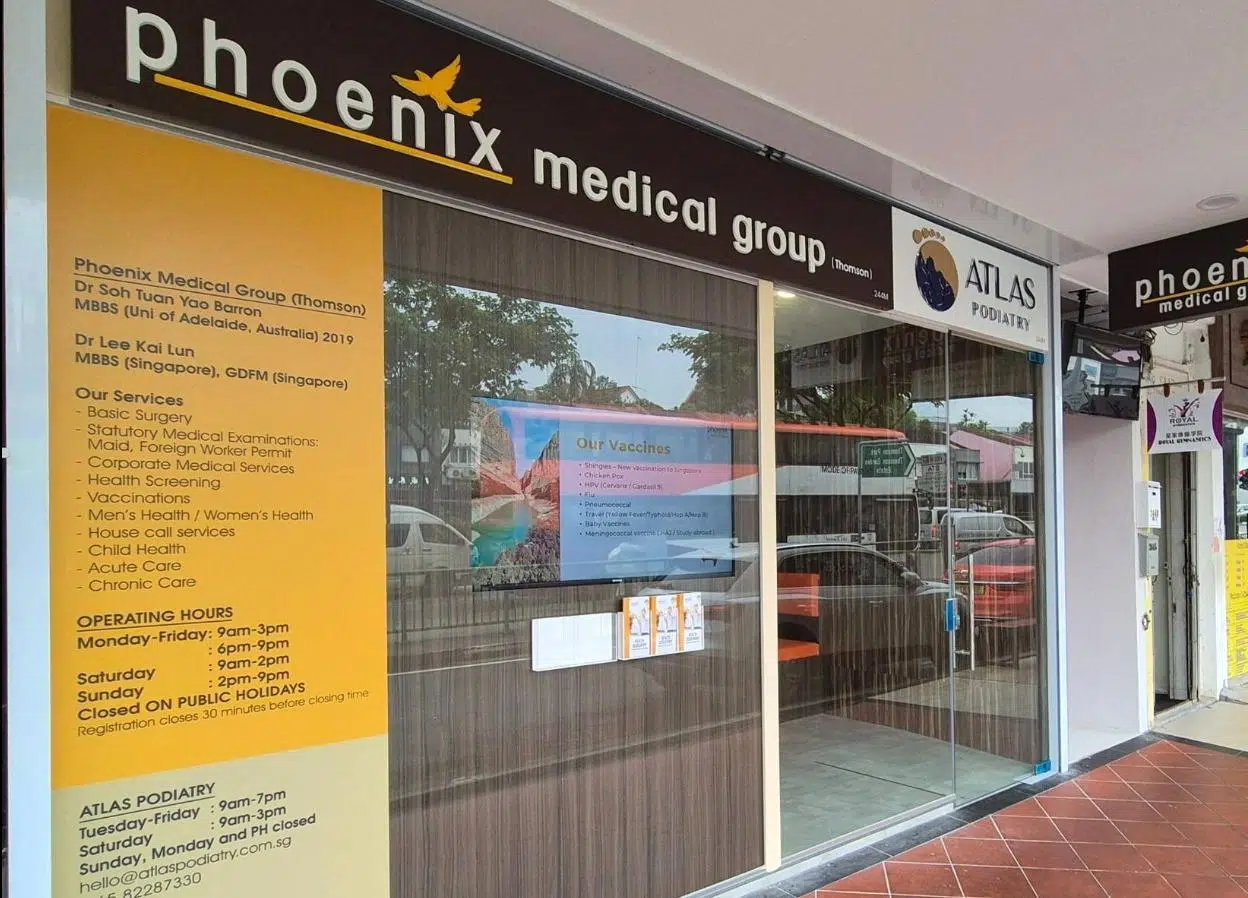
244M Upper Thomson Rd, Thomson Garden Estate, Singapore 574369
9:00 am - 3:00 pm
6:00 pm - 9:00 pm (Mon & Wed)
9:00 am - 2:00 pm
Closed
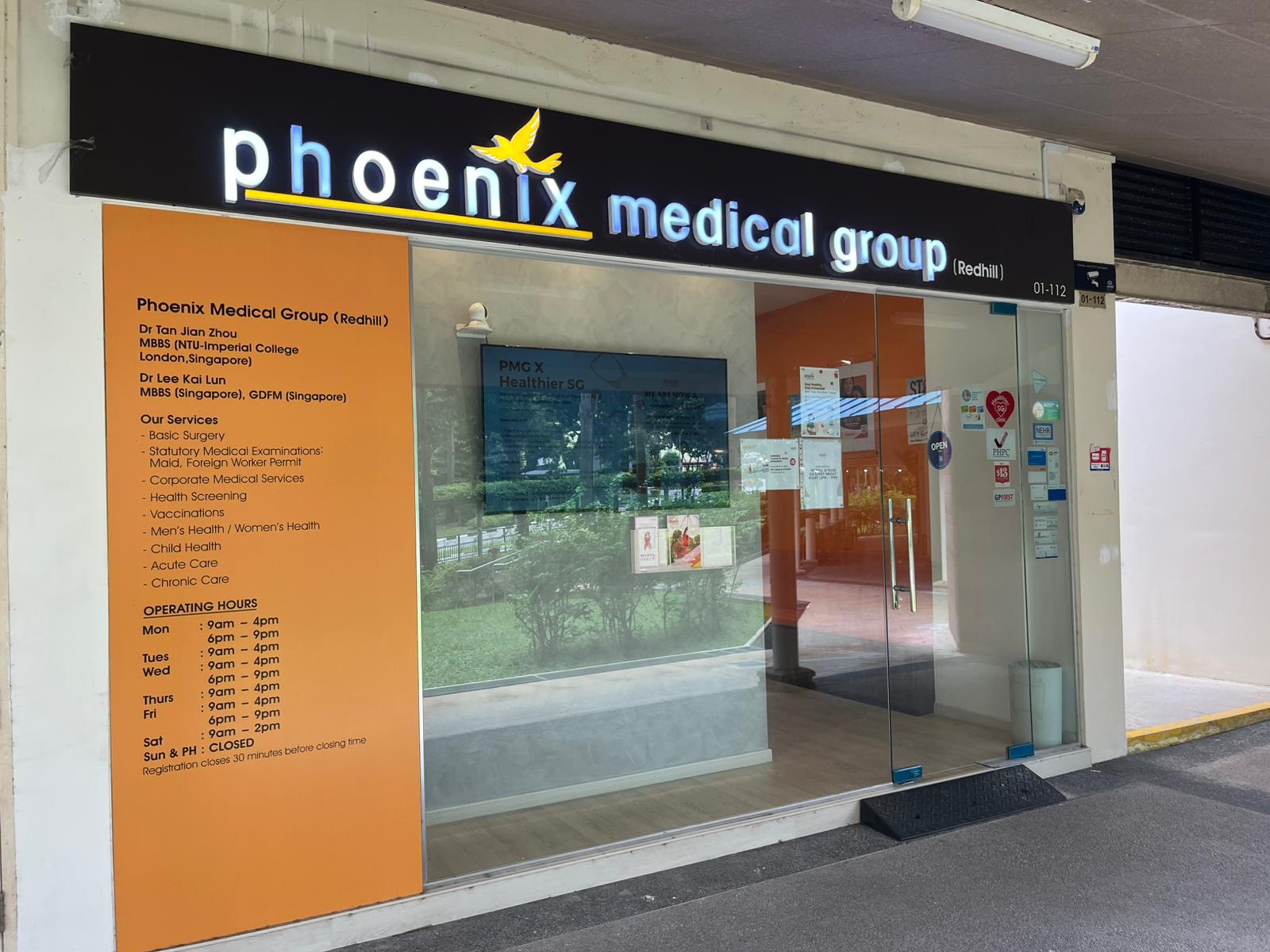
9:00 am - 4:00 pm
6:00 pm - 9:00 pm
9:00 am - 2:00 pm
Closed